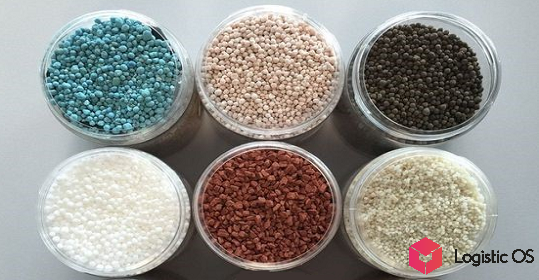In 2022-2023, the Saudis produced about 1.18 million tons of wheat; in 2023-2024, results are expected to be about 1.2 million tons.
According to the USDA, for the second year in a row the country can show annual wheat production at about 1.2 million tons, almost double expectations.
This is largely due to the fact that the state keeps high purchase prices for its farmers, about $466 per ton, which is significantly higher than on the world market, which encourages producers to strive for high results.
The minimum task in this area is to achieve complete self-sufficiency in basic types of food.
At the moment, Saudi Arabia is already fully self-sufficient in certain types of products, including milk, eggs, dates and vegetables.
But as for wheat, it remains a fairly large importer for now. For example, in 2022-2023 it imported about 4.63 million tons of wheat from abroad, in 2023-2024 — about 4.8 million tons.
The maximum task is to diversify the country’s economy by finding additional sources of income.
Currently, about 87% of budget revenues come from oil sales, which makes the country not financially stable enough. For example, a sharp decline in world oil prices may threaten a lack of budgetary funds.
Agriculture can be considered as one of the sectors that could generate export earnings in the future.
This sector is already actively growing. For example, in 2022, agriculture contributed about $27 billion to GDP, which is 38% more than in the previous year.
It is obvious, however, that it will not be easy to completely replace the purchased volumes of grain with our own production, especially considering the climatic characteristics of the country: low amounts of water and precipitation, hot and dry weather, predominantly sandy infertile soils, frequent animal diseases.
However, Saudi Arabia plans to continue moving towards its own food production.
In particular, for this purpose it is planned to actively attract private capital to companies in the agricultural sector.
For example, last month the flour milling company Modern Mills Co entered into an IPO, placing its shares on the stock exchange. In general, the privatization of this sector began in 2018.
Experts note that high purchasing prices from the state encourage local farmers to actively engage in food production, while their profitability is almost always much higher than that of farmers from other countries.

